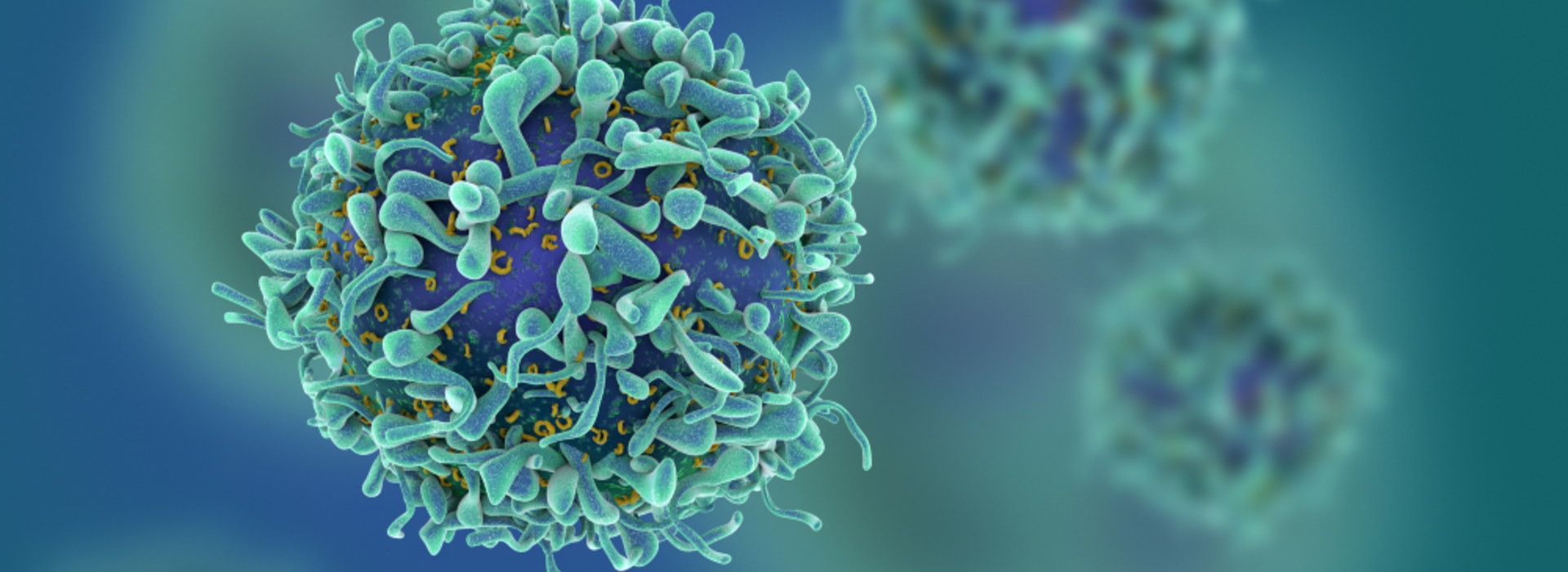
Research Brief: Immune intolerance unlocked with food-specific T-cells
MINNEAPOLIS/ST. PAUL (08/15/2022) — Published in Nature, research from the University of Minnesota Medical School found that certain food proteins can cause white blood cells in the immune system, T-helper cells, to become dysfunctional.
Led by Marc Jenkins, director of the University’s Center for Immunology, the research focused on why the immune system does not attack food in the way that it attacks other foreign entities like microbes.
“This study helps explain why our immune systems do not attack our food even though it is foreign to our bodies,” said Jenkins. “We found that ingested food proteins stimulate specific lymphocytes in a negative way. The cells become dysfunctional and eventually acquire the capacity to suppress other cells of the immune system.”
The gut associated-lymphoid tissue is a suppressive environment where lymphocytes that would normally generate inflammation undergo arrested development. This abortive response usually prevents dangerous immune reactions to food.
The research found that T-helper cells lack the inflammatory functions needed to cause gut pathology and yet the cells have the potential to produce regulatory T-cells that may suppress it. This means when people develop an intolerance or allergic reaction to certain foods, there may be a future capability to suppress that reaction by reintroducing dysfunctional lymphocytes.
Research recommends further studies to identify the mechanisms whereby food-specific lymphocytes become dysfunctional with the hope that this knowledge could be used to fight food allergies. This work was funded by the National Institutes of Health (P01 AI035296 and R01 AI27998).
###
About the University of Minnesota Medical School
The University of Minnesota Medical School is at the forefront of learning and discovery, transforming medical care and educating the next generation of physicians. Our graduates and faculty produce high-impact biomedical research and advance the practice of medicine. We acknowledge that the U of M Medical School, both the Twin Cities campus and Duluth campus, is located on traditional, ancestral and contemporary lands of the Dakota and the Ojibwe, and scores of other Indigenous people, and we affirm our commitment to tribal communities and their sovereignty as we seek to improve and strengthen our relations with tribal nations. For more information about the U of M Medical School, please visit med.umn.edu.
For media requests, please contact:
Kat Dodge
Media Relations Manager
kdodge@umn.edu
University of Minnesota Medical School